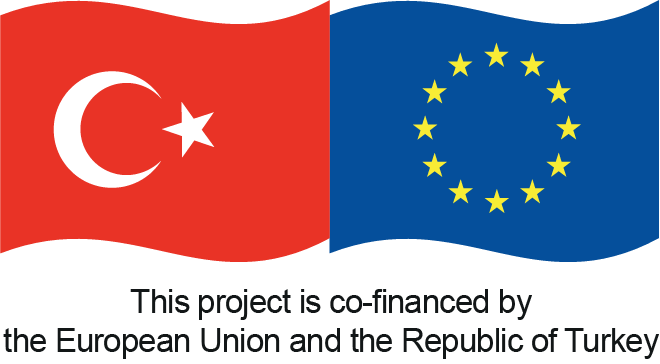Training Programme – Cohort 2
November 2023 – February 2024
The training provided within the scope of the Accelerate Izmir Acceleration Program is offered physically and online in 84 hours for 10 weeks, under three important main pillars: internationalization, investment and pitching.
Training titles are offered in two categories every week, on Tuesdays and Thursdays. The subjects of Basic (Applied) and Case-Based Trainings are complementary to each other

Basic (Applied) Trainings consist of interactive sessions with the participants, after an expert speaker presents the content in detail. Companies are expected to make preparations before these Basic (Practical) Training sessions so that the training is not purely theoretical and is applicable.
Case-Based Trainings are given by one or two company representatives with direct experience on the subject covered in the basic trainings held in the same week. In these sessions, participants have the opportunity to interact with successful entrepreneurs going through the scaling and growth process.
The draft program* to be carried out during the term is below.
|
Week |
Training Format |
Scope |
Topic |
|
Week 1 |
Hands-on |
Globalisation |
Building Value Proposition for Local and Global Markets |
|
Week 1 |
Case-based |
Globalisation |
Choosing the Right Market |
|
Week 2 |
Hands-on |
Globalisation |
Customer insight and competition analysis |
|
Week 2 |
Case-based |
Globalisation |
Jump Start for Market Selection and Growth |
|
Week 2 |
Case-based |
Globalisation |
Running marketing machine |
|
Week 3 |
Hands-on |
Globalisation |
Exploring the beachhead market (in Europe and Turkey) for expansion |
|
Week 3 |
Case-based |
Globalisation |
Skill Sets of an Entrepreneur |
|
Week 3 |
Case-based |
Globalisation |
Understanding Market Dynamics |
|
Week 4 |
Hands-on |
Globalisation |
Sales Strategy |
|
Week 4 |
Pitch Practice |
Pitching |
How to showcase your pitchdeck? |
|
Week 4 |
Case-based |
Globalisation |
High jump sales |
|
Week 4 |
Case-based |
Globalisation |
Sales funnel management |
|
Week 5 |
Hands-on |
Globalisation |
Global Team Hiring Strategy (Team Formation, Team Motivation, Leadership etc.) |
|
Week 5 |
Case-based |
Globalisation |
Forming Team |
|
Week 5 |
Case-based |
Globalisation |
Found and Lead a technical team |
|
Week 6 |
Hands-on |
Investment |
Early stage investment process |
|
Week 6 |
Case-based |
Investment |
Raising investment for 2nd startup after having 1st exit (Overflying for investors) |
|
Week 6 |
Case-based |
Investment |
Similarities and Differencies between Turkish and Global Investors |
|
Week 7 |
Hands-on |
Investment |
Start-ups Metrics and valuation of your startup |
|
Week 7 |
Case-based |
Investment |
Start-ups Metrics (Anti-Dilution, Emission Premium) |
|
Week 8 |
Case-based |
Investment |
Early Stage Valuation Tips and Tricks |
|
Week 8 |
Pitch Practice |
Pitching |
How to showcase your pitchdeck? |
|
Week 8 |
Hands-on |
Pitching |
How to create a pitchdeck? |
|
Week 9 |
Hands-on |
Investment |
Due diligence process and term sheet negotiation |
|
Week 9 |
Case-based |
Investment |
Due diligence – the term sheet (Legal parts as well) NTD & GPM |
|
Week 9 |
Case-based |
Investment |
Ticket Size Understanding |
|
Week 10 |
Hands-on |
Investment |
Fundraising strategy & Investors Outreach |
|
Week 10 |
Case-based |
Investment |
Investor Match-up |
Teknopark Izmir reserves the right to make changes in the program depending on instructor availability and feedback from participants.





